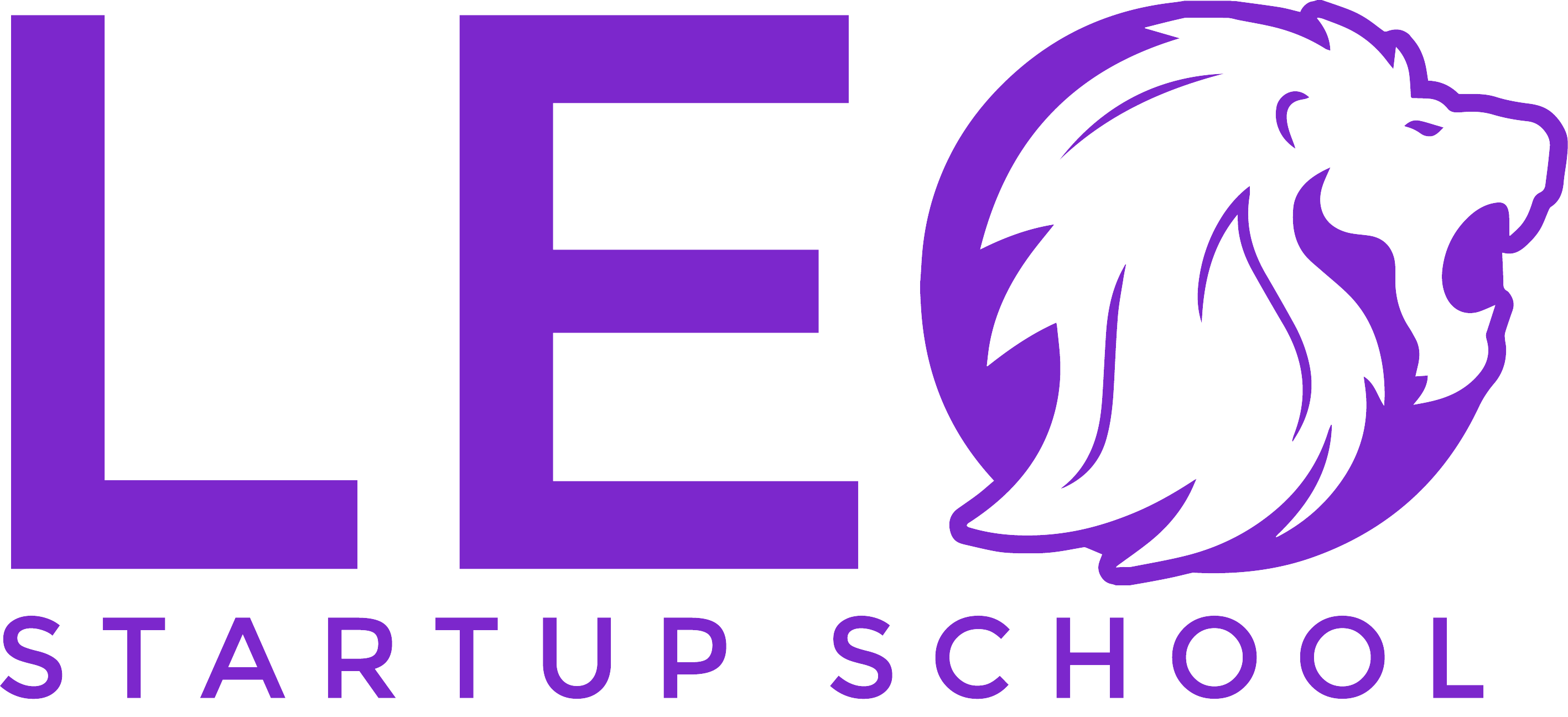Case Study 1: Steve Jobs and Pixar
Scenario: Steve Jobs, the visionary CEO of Apple, was also instrumental in the founding of Pixar Animation Studios. During the early days of Pixar, the company faced numerous challenges, including financial difficulties and creative disagreements.
How EI Helped: Jobs’ ability to inspire and motivate his team, combined with his strategic thinking and unwavering belief in Pixar’s vision, played a crucial role in overcoming these obstacles. His emotional intelligence allowed him to foster a creative and collaborative environment, leading to the production of groundbreaking animated films like “Toy Story” and “Finding Nemo.”
Case Study 2: Elon Musk and Tesla
Scenario: Elon Musk, the CEO of Tesla, has faced numerous challenges and setbacks throughout his entrepreneurial journey. From production delays to financial difficulties, Musk has had to navigate a turbulent landscape.
How EI Helped: Musk’s emotional intelligence has been instrumental in his ability to overcome adversity and inspire his teams. His unwavering belief in Tesla’s mission, coupled with his ability to motivate and inspire others, has played a key role in the company’s success.
Case Study 3: Oprah Winfrey
Scenario: Oprah Winfrey’s journey from a humble childhood to becoming a media mogul is a testament to her emotional intelligence. She has faced numerous challenges throughout her career, including racial discrimination and personal setbacks.
How EI Helped: Winfrey’s ability to connect with people on a deep level, empathize with their struggles, and inspire them to overcome adversity has been a hallmark of her success. Her emotional intelligence has allowed her to build a massive following and create a powerful media empire.
Case Study 4: Bill Gates and Microsoft
Scenario: Bill Gates, the co-founder of Microsoft, has faced numerous challenges throughout his career, including antitrust lawsuits and market competition.
How EI Helped: Gates’ ability to understand and navigate complex business situations, combined with his empathy for his employees and customers, has been instrumental in Microsoft’s success. His emotional intelligence has allowed him to build strong relationships and foster a culture of innovation and collaboration.
Case Study 5: Sheryl Sandberg and Facebook
Scenario: Sheryl Sandberg, the former COO of Facebook, has faced numerous challenges throughout her career, including gender discrimination and public scrutiny.
How EI Helped: Sandberg’s emotional intelligence has allowed her to navigate these challenges with grace and resilience. Her ability to inspire and empower women, coupled with her strategic thinking and leadership skills, has made her a role model for many.





